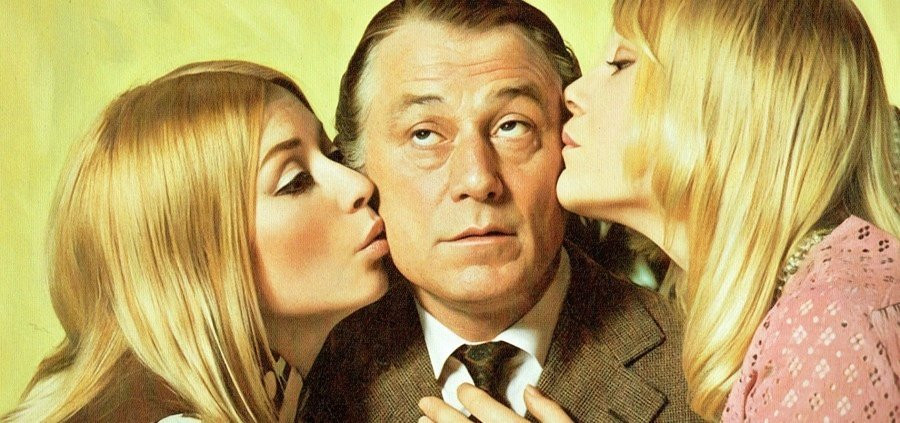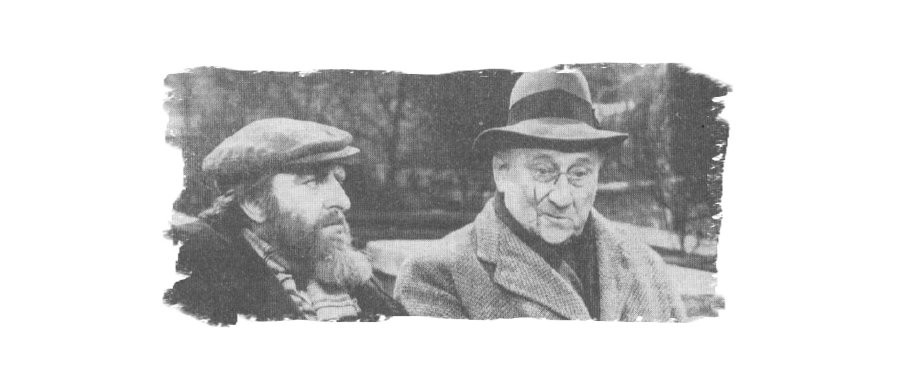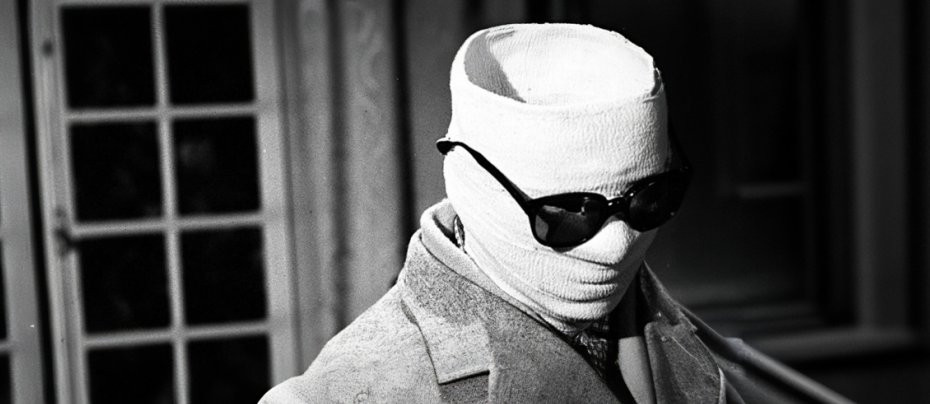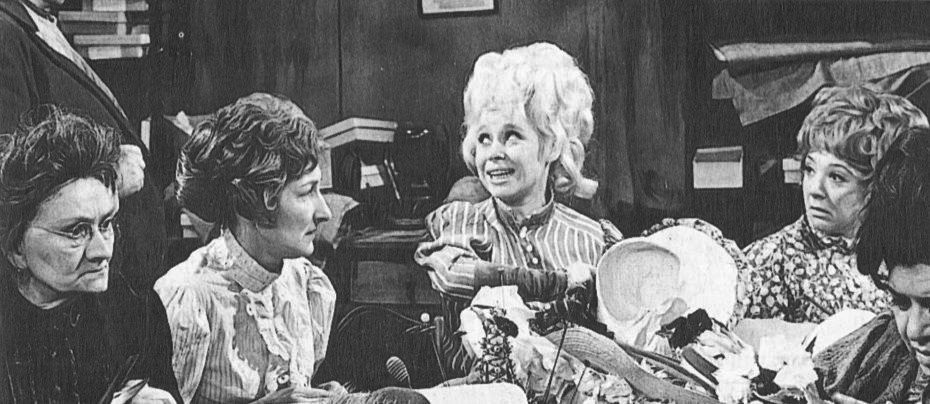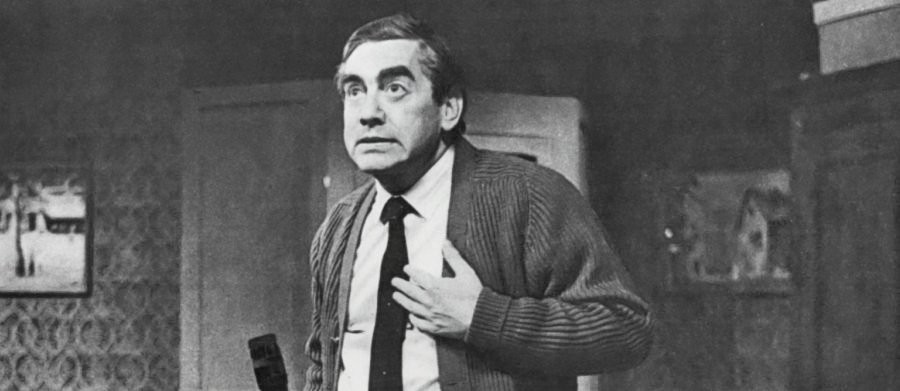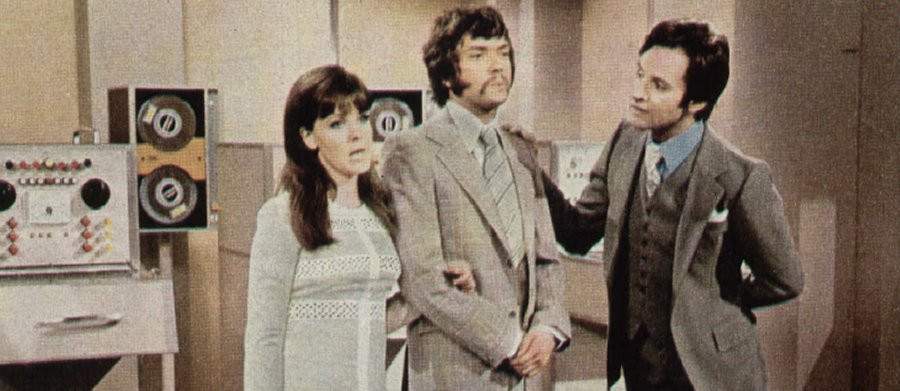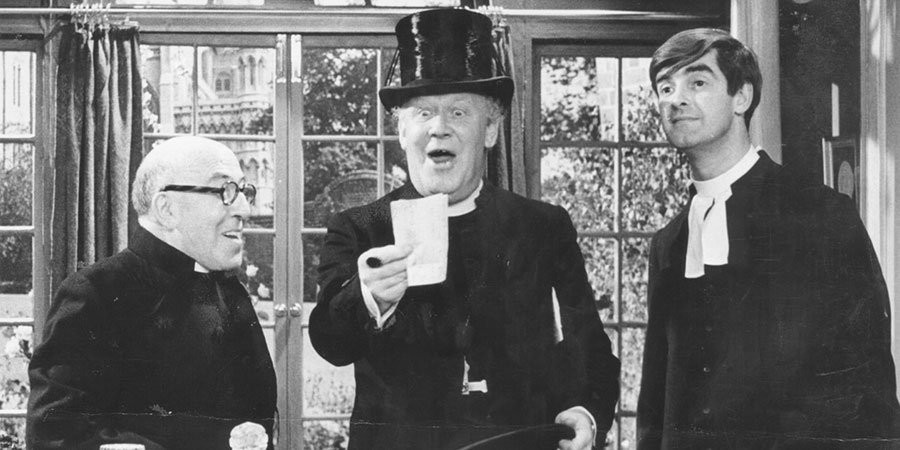
All Gas and Gaiters
1967 - United KingdomAll Gas and Gaiters holds a unique place in British television history as one of the first sitcoms to gently satirise the clergy. Airing during a time when the Church of England still commanded a great deal of cultural reverence, this fondly remembered comedy offered a light-hearted glimpse into the lives of ecclesiastical characters at the fictional 13th-century St. Oggs Cathedral. Its irreverence was never biting—this was comedy with a soft touch, more affectionate than critical, which likely contributed to its warm reception.
The series began life in 1966 as a one-off Comedy Playhouse episode, The Bishop Rides Again, written by husband and wife team Pauline Devaney and Edwin Apps (writing under the pseudonym John Wraith). The pilot's success led to a full series, and with it, the elevation of Derek Nimmo to household-name status in Britain. His portrayal of the Reverend Mervyn Noote - a naive, well-meaning, and frequently befuddled chaplain - struck a chord with viewers. Nimmo’s gift for physical comedy and bumbling charm made Noote instantly endearing.
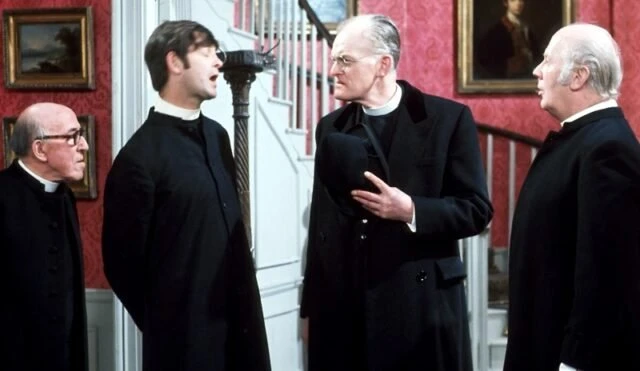
The supporting cast was equally strong: William Mervyn played the amiable and scheming Bishop, Robertson Hare brought wry dignity to the role of the ageing Archdeacon, and the ever-severe Dean - portrayed first by John Baron and later Ernest Clark - provided a perfect foil to the more jovial clerics. The ensemble dynamic created a delightful blend of ecclesiastical mischief and bureaucratic bumbling, making the series a gentle farce set in holy surroundings.
The impact of All Gas and Gaiters was not confined to its original run. Nimmo’s success in the role of Noote led to two television spin-offs; Oh, Brother! and Oh, Father!, where he essentially reprised his signature persona under different guises. So closely was Nimmo associated with his clerical alter ego that his casting as a bachelor in the sitcom Sorry I'm Single playing a bachelor who shares his Hampstead bed-sit with three females, provoked letters of protest from offended clergymen.
The series' popularity also led to a radio adaptation, which retained the original cast, though Nimmo departed partway through and was replaced by Jonathan Cecil. While the television series remains its most iconic incarnation, the transition to radio speaks to the show’s enduring appeal.
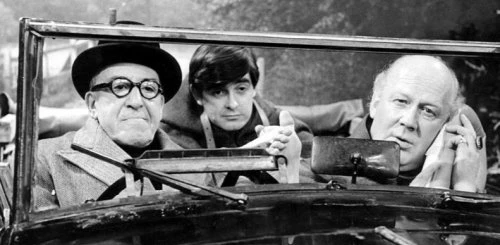
In retrospect, All Gas and Gaiters may seem quaint, but its importance as a trailblazer in clerical comedy, and as a vehicle for Derek Nimmo’s career, should not be underestimated. It proved that religious institutions could be the setting for good-natured comedy, paving the way for later shows like The Vicar of Dibley and Rev. For audiences of its time, it was a breath of irreverent, incense-scented air.
Seen this show? How do you rate it?
Seen this show? How do you rate it?
Published on May 1st, 2025. Written by Laurence Marcus for Television Heaven.


